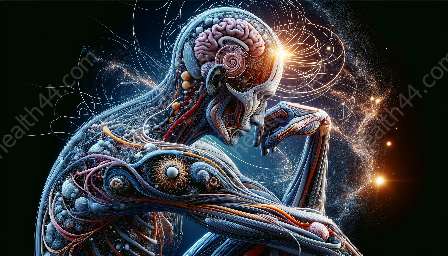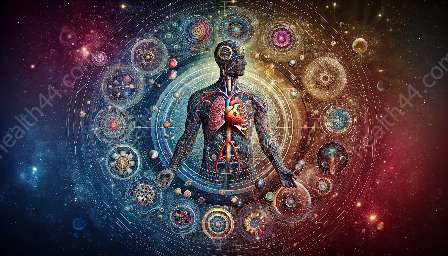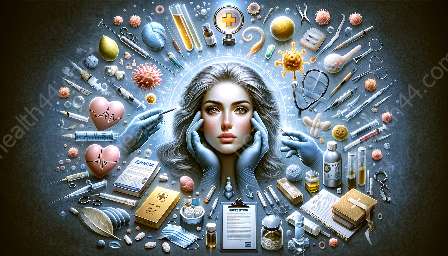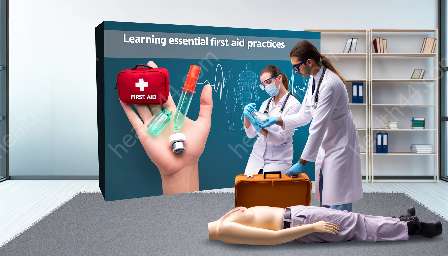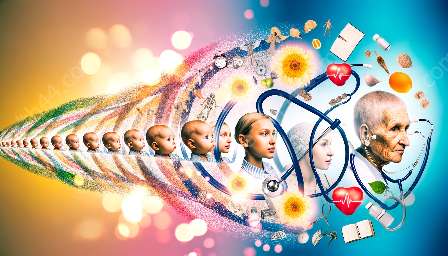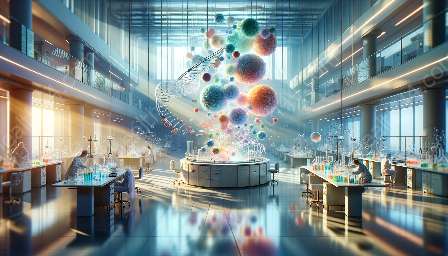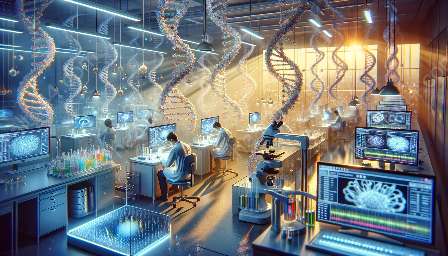Physiology is the scientific study of how the human body functions. It plays a crucial role in health education, medical training, and overall wellbeing. By understanding the intricate mechanisms of the body, individuals can gain valuable insights into how to maintain and improve their health.
The Basics of Physiology
Physiology encompasses various systems within the body, including the cardiovascular, respiratory, digestive, and nervous systems. These systems work in harmony to sustain life and maintain homeostasis. Understanding the interactions between these systems is essential for healthcare professionals, as it forms the basis for diagnosing and treating medical conditions.
Physiology and Health Education
Health education often incorporates principles of physiology to teach individuals about the importance of maintaining a healthy lifestyle. By understanding how the body responds to exercise, nutrition, and stress, individuals can make informed choices that positively impact their overall health. For example, knowledge of cardiovascular physiology can help individuals understand the benefits of regular exercise and the risks associated with a sedentary lifestyle.
Physiology in Medical Training
Medical professionals, including doctors, nurses, and therapists, undergo extensive training in physiology to develop a comprehensive understanding of the human body. This knowledge is instrumental in diagnosing and treating diseases, as well as in prescribing appropriate interventions. For instance, an in-depth understanding of respiratory physiology is critical for managing conditions such as asthma and chronic obstructive pulmonary disease.
The Impact of Physiology on Health
Physiology has a profound impact on health, as it provides insights into the underlying mechanisms of various diseases and health conditions. By understanding how the body functions at a cellular and molecular level, medical professionals can devise targeted interventions to address specific health issues. Additionally, advancements in physiology research contribute to the development of innovative medical treatments and interventions.
Key Concepts in Physiology
1. Homeostasis: The body's ability to maintain internal stability despite external changes.
2. Cellular Respiration: The process by which cells convert nutrients into energy through metabolic reactions.
3. Neurotransmission: The communication process between nerve cells that facilitates motor and sensory functions.
4. Blood Circulation: The movement of blood through the body, which is essential for delivering oxygen and nutrients to cells and removing waste products.
5. Endocrine Regulation: The coordination of hormone release to control various bodily functions, such as metabolism and growth.
Exploring Careers in Physiology
Individuals interested in pursuing careers related to physiology have diverse options, including clinical physiology, exercise physiology, and research. These fields offer opportunities to contribute to advancements in healthcare and to improve the well-being of individuals through specialized knowledge and practice.
Conclusion
Physiology serves as the cornerstone of health education and medical training, offering valuable insights into the inner workings of the human body. By delving into the complexities of physiology, individuals can develop a deeper understanding of health and well-being, paving the way for ongoing advancements in healthcare and medical science.

